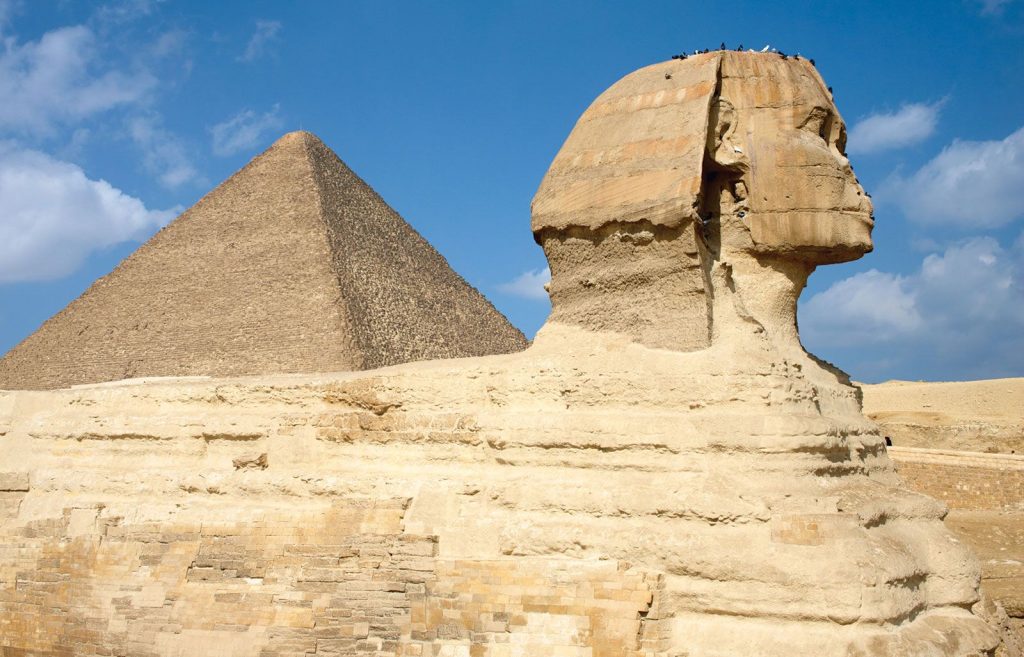Dive into the fascinating world of ancient civilizations with our exploration of the top ten oldest countries in the world. This list uncovers nations that have stood the test of time, tracing their roots back thousands of years through history, culture, and enduring legacies. From the cradle of civilization in Mesopotamia to the timeless dynasties of East Asia, these countries offer a glimpse into the past with their rich heritage and historical significance. Discover which nations claim the title of the oldest countries, based on their founding dates, continuous governance, and unbroken cultural identities.
Whether you’re a history buff or simply curious about the world’s most ancient nations, this guide highlights key details about each country’s origins, including Egypt with its pharaohs, China’s imperial beginnings, and Greece’s classical influence. Explore how these oldest countries in the world shaped human history and continue to thrive today. Unravel the stories of ancient nations like India, Iran, and Ethiopia, where traditions and territories have persisted for millennia. Perfect for anyone searching for insights into world history or planning a journey through the oldest corners of the globe, this is your ultimate resource on the top ten oldest countries.
Top Ten Oldest Countries In The World
10. San Marino

Founding Date: c. 301 CE, by St. Marinus, a Christian stonecutter fleeing Roman persecution.
Historical Significance: Recognized as the oldest continuous republic, San Marino maintained independence through medieval and modern periods, notably during the Napoleonic Wars and Italian unification. Its constitution, dating to 1600, is among the world’s oldest.
Cultural and Economic Notes: Located in the Apennine Mountains, it features medieval castles like the Guaita and Cesta, attracting over three million tourists annually. Its economy relies on tourism, banking, and manufacturing, with a population of 33,344 (2018 estimate) and a capital at the City of San Marino.
Traveler’s Insight: Visitors can explore historic sites like the State Museum and enjoy panoramic views from Monte Titano, making it a unique destination for history enthusiasts.
9. Iran
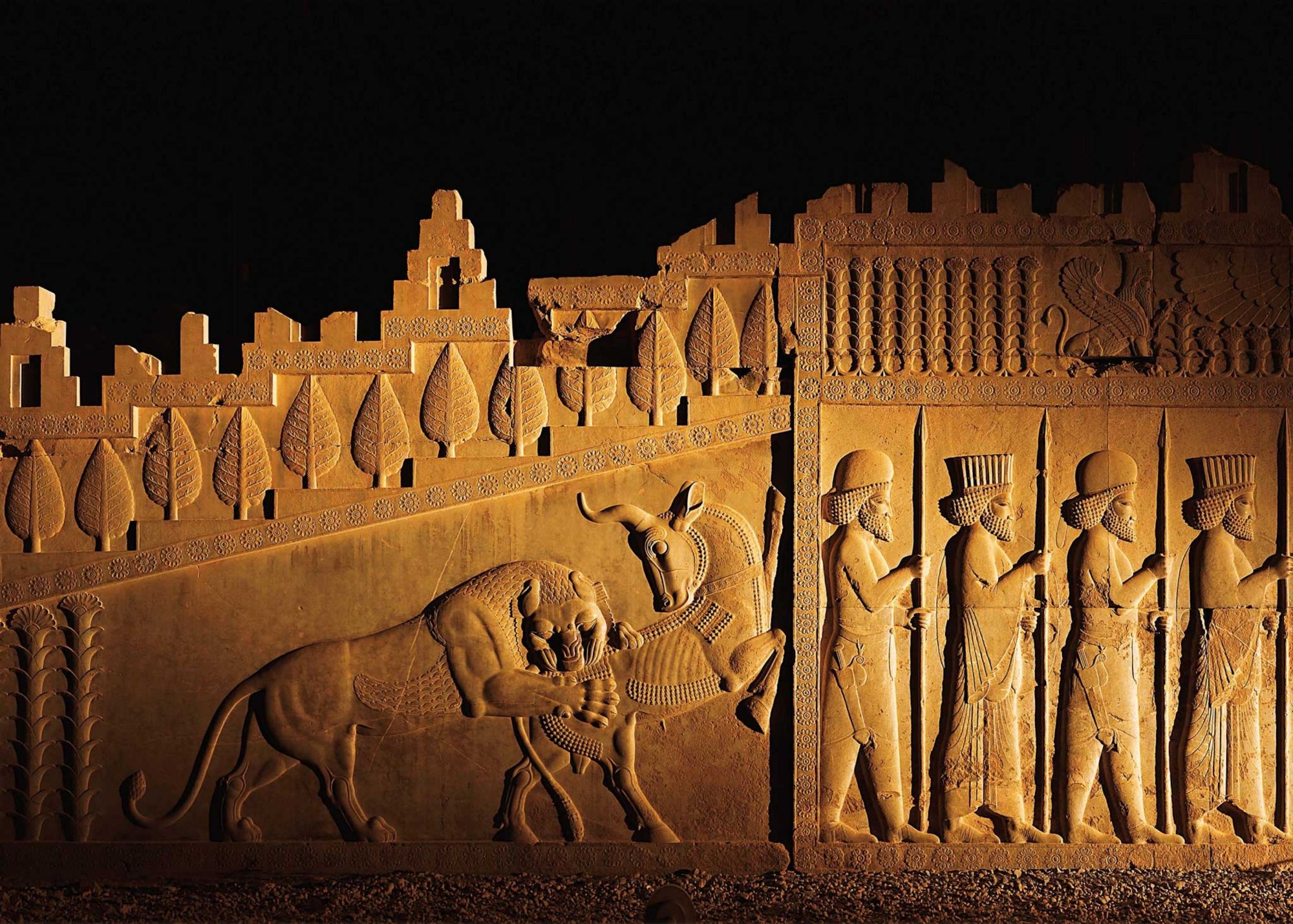
Founding Date: c. 550 BCE, with the Achaemenid Empire under Cyrus the Great.
Historical Significance: Iran, formerly Persia, has a continuous history of empires, including Parthian (247 BCE-224 CE) and Safavid (1501-1736 CE), which promoted Shi’a Islam. It experienced the Constitutional Revolution in 1906 and became an Islamic Republic in 1979.
Cultural and Economic Notes: Home to UNESCO sites like Persepolis, Iran offers a rich tapestry of art, science, and cuisine. With a population of 81,672,300 (2018 estimate) and capital Teheran, it remains a cultural powerhouse in the Middle East.
Traveler’s Insight: Explore ancient ruins, experience Persian hospitality, and savor dishes like kebabs and saffron rice, though travel advisories should be checked due to political tensions.
8. Japan
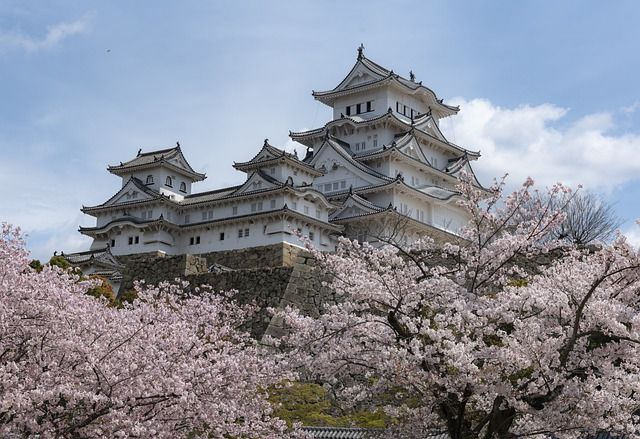
Founding Date: c. 660 BCE, traditionally by Emperor Jimmu, with historical records from the 5th century CE.
Historical Significance: Influenced by China, Japan adopted Buddhism in the 6th century and developed a unique culture during the Heian period (794-1185 CE). The Meiji Restoration (1868) modernized it, leading to imperial expansion and post-World War II recovery.
Cultural and Economic Notes: With a population of 126,440,000 (2018 census) and capital Tokyo, Japan offers temples, samurai history, and modern cities. It’s known for cherry blossoms, festivals, and technological innovation.
Traveler’s Insight: Visit Kyoto for traditional temples, Tokyo for modernity, and enjoy seasonal events like hanami, with a rich culinary scene from sushi to ramen.
7. Greece
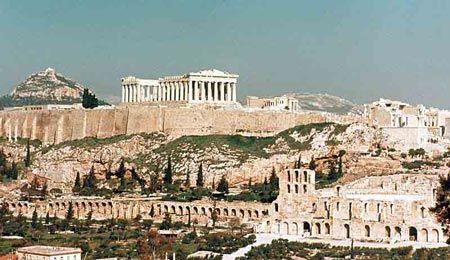
Founding Date: c. 800 BCE, marking the start of the classical period, though Mycenaean civilization dates to 1600 BCE.
Historical Significance: Greece is the cradle of Western civilization, with Athenian democracy, philosophers like Socrates, and Alexander the Great’s conquests. It was part of the Byzantine Empire and gained modern independence in 1832 from the Ottoman Empire.
Cultural and Economic Notes: With a population of 10,768,477 (2017 estimate) and capital Athens, Greece offers the Parthenon, Delphi ruins, and stunning islands. Its cuisine includes moussaka and souvlaki, reflecting Mediterranean influences.
Traveler’s Insight: Explore ancient sites, relax on beaches, and experience vibrant festivals, with a rich history of art and philosophy attracting cultural tourists.
6. Ethiopia
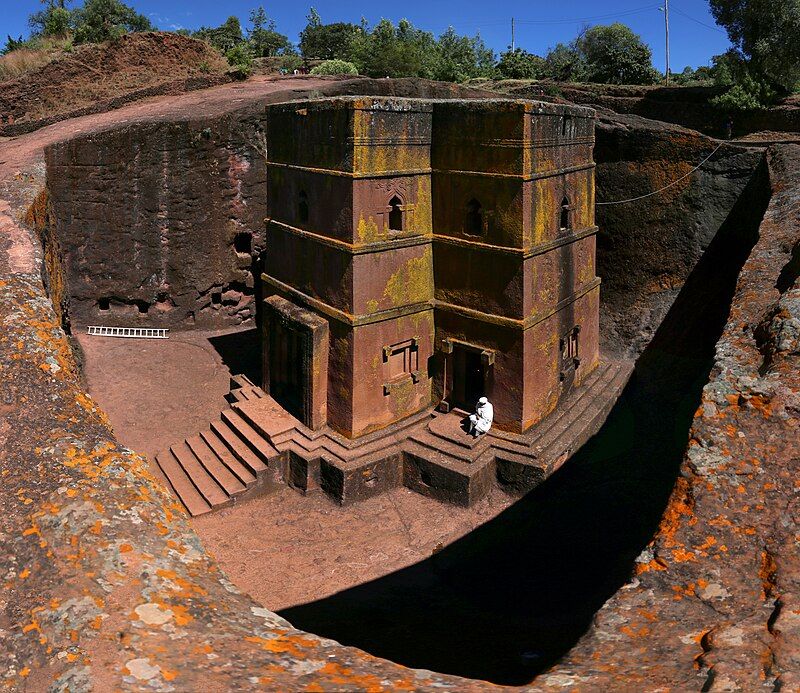
Founding Date: c. 980 BCE, though the Kingdom of Aksum is dated to the 1st century CE, indicating possible confusion in sources.
Historical Significance: One of Africa’s oldest, Ethiopia was Christianized in the 4th century and maintained independence, except for Italian occupation (1936-1941). It became a republic in 1974 after the monarchy’s overthrow.
Cultural and Economic Notes: With a population of 102,403,196 (2016 estimate) and capital Addis Ababa, it features rock-hewn churches of Lalibela and diverse wildlife in Simien Mountains National Park. Coffee culture is a highlight.
Traveler’s Insight: Visit historic sites, experience traditional coffee ceremonies, and explore natural parks, with a rich cultural heritage attracting adventurers.
5. Georgia
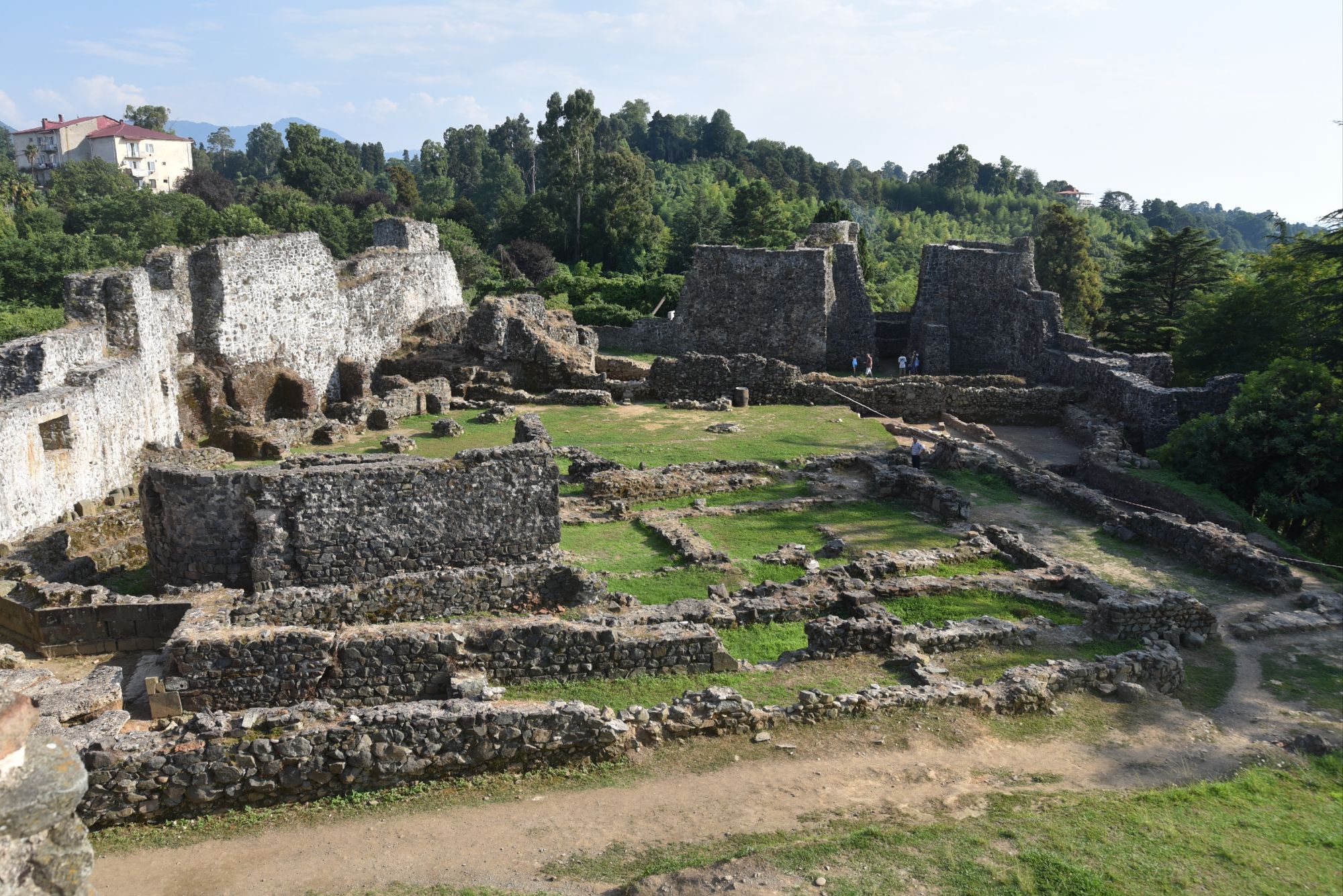
Founding Date: c. 15th century BCE, likely referring to early settlements, with the kingdom unified in the 11th century CE under Bagrationi.
Historical Significance: Georgia’s ancient kingdoms, Colchis and Iberia, were part of the Silk Road. It was annexed by Russia in 1801 and gained independence in 1991, with a history of resisting Ottoman and Persian domination.
Cultural and Economic Notes: With a population of 3,729,600 (2016 estimate) and capital Tbilisi, it’s known for wine, hospitality, and skiing resorts. UNESCO sites include Gelati Monastery and Mestia.
Traveler’s Insight: Explore historic Tbilisi, taste Georgian wines, and enjoy natural beauty, with a blend of European and Asian influences.
4. China
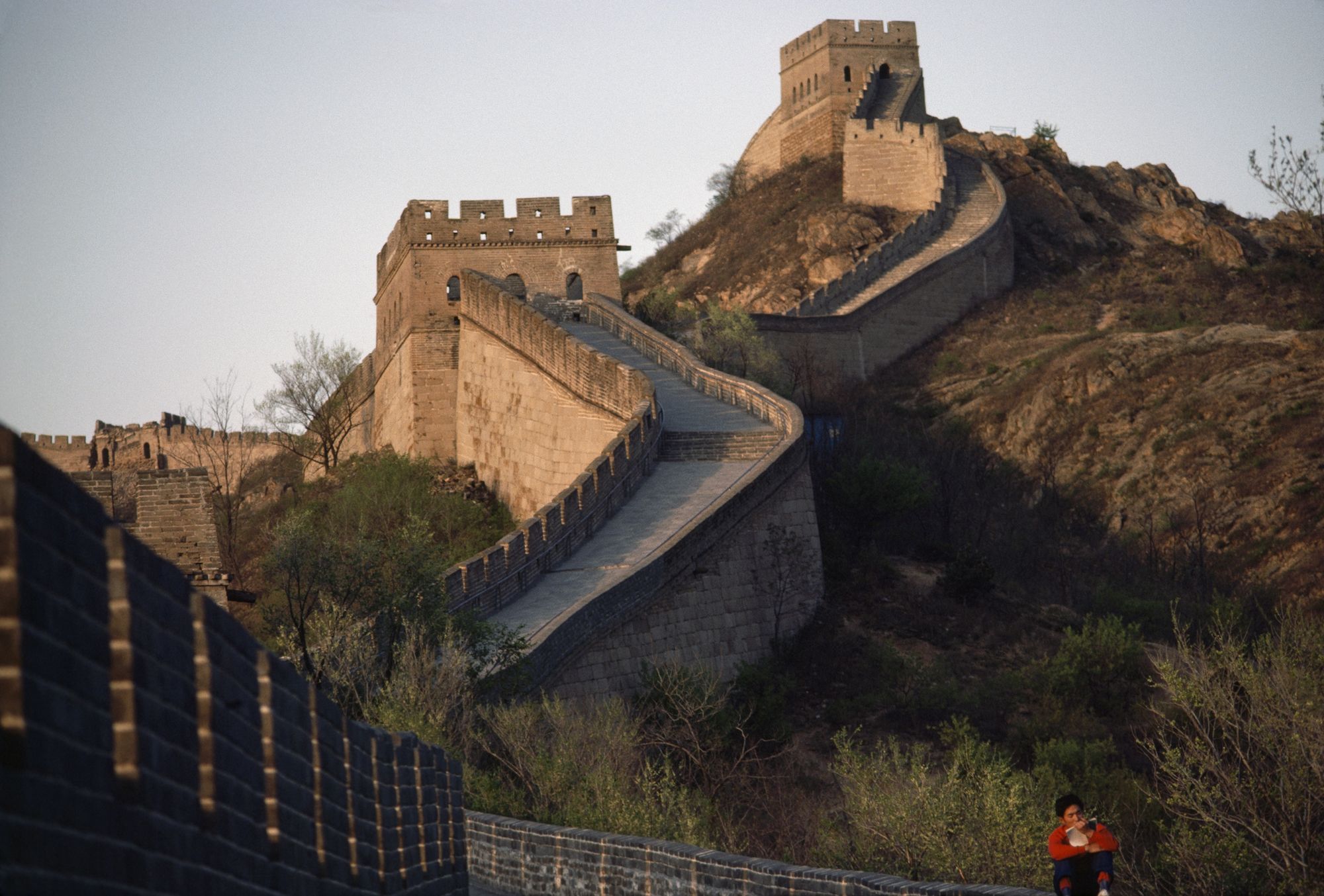
Founding Date: c. 2070 BCE, with the Xia Dynasty, though debated, marking the start of dynastic rule.
Historical Significance: China has a continuous history through dynasties like Han (206 BCE-220 CE), Tang (618-907 CE), and Qing (1644-1912 CE), becoming a republic in 1912 and communist state in 1949. It’s a cradle of civilization with inventions like gunpowder.
Cultural and Economic Notes: With a population of 1,403,500,365 (2016 estimate) and capital Beijing, it offers the Great Wall, Forbidden City, and diverse landscapes. Cuisine varies from Peking duck to Sichuan hotpot.
Traveler’s Insight: Visit historical sites, explore modern cities, and experience regional cuisines, with a vast array of cultural and natural attractions.
3. Afghanistan
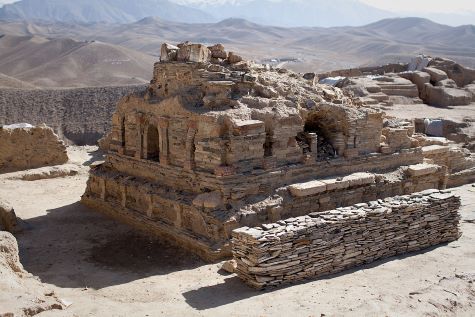
Founding Date: c. 3000 BCE, likely referring to early settlements, with the Durrani Empire in the 18th century marking modern statehood.
Historical Significance: A crossroads for civilizations, it was part of the Achaemenid Empire and saw invasions by Alexander the Great and Mongols. Gaining independence in 1919, it faced conflicts like the Soviet invasion (1979-1989) and U.S.-led war (2001-2021).
Cultural and Economic Notes: With a population of 31,575,018 (2018 estimate) and capital Kabul, it offers ancient cities like Herat and Bamyan Valley, though travel is limited due to security concerns.
Traveler’s Insight: Explore archaeological sites cautiously, experience Afghan hospitality, and learn about its rich history, with potential for cultural tourism as stability improves.
2. India
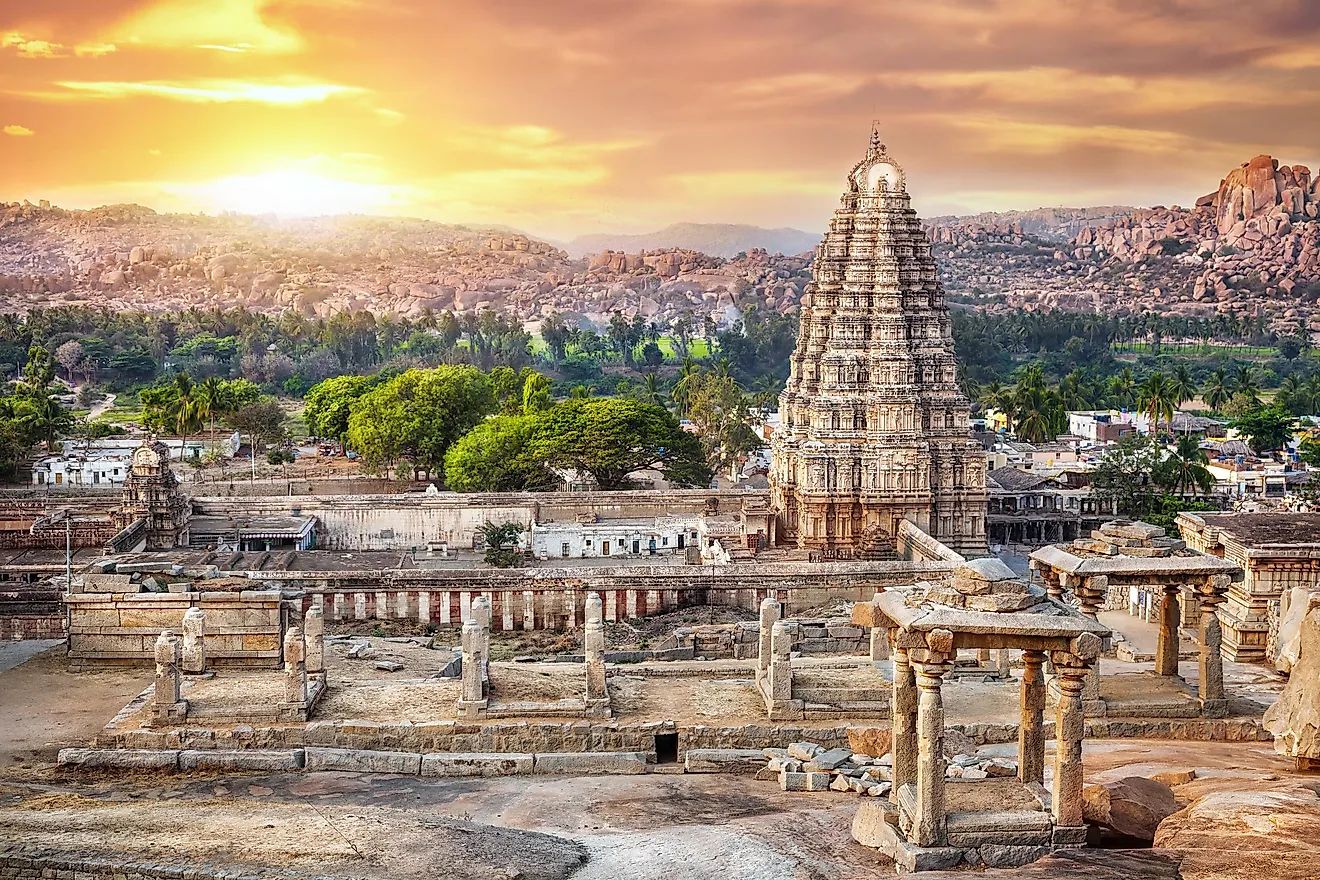
Founding Date: c. 3300 BCE, with the Indus Valley civilization, one of the world’s oldest.
Historical Significance: Saw empires like Maurya (322-185 BCE), Gupta (320-550 CE), and Mughal (1526-1857 CE), under British rule until 1947. Known for Hinduism, Buddhism, and diverse cultures, it’s a major global power today.
Cultural and Economic Notes: With a population of 1,324,171,354 (2016 estimate) and capital New Delhi, it offers the Taj Mahal, vibrant festivals, and diverse cuisines like curry and dosa.
Traveler’s Insight: Visit historical sites, experience festivals like Diwali, and explore diverse regions, with a rich tapestry of culture and history.
1. Egypt
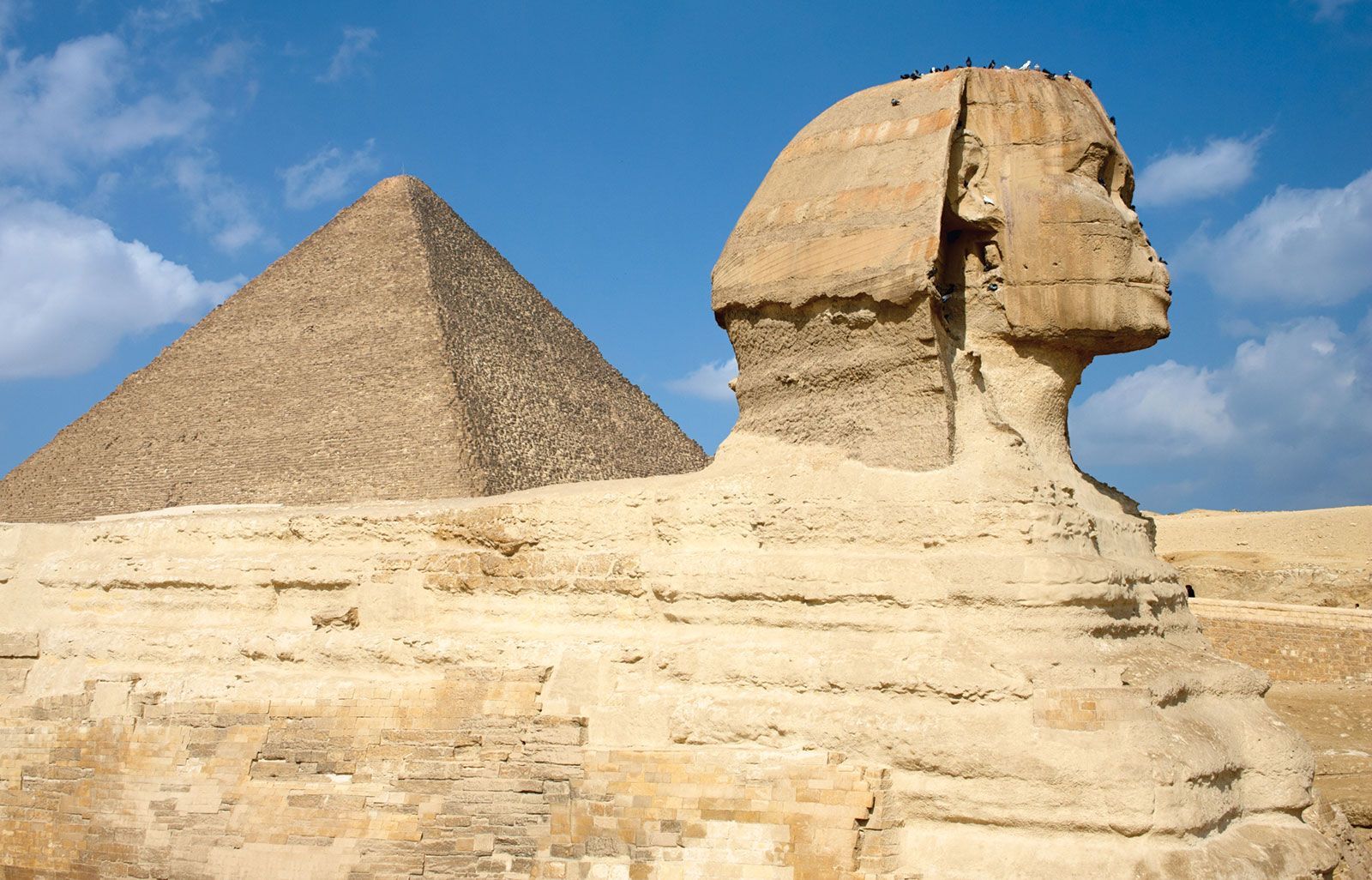
Founding Date: c. 6000 BCE, with early settlements, unified by 3100 BCE under King Narmer.
Historical Significance: A cradle of civilization, known for pyramids, pharaohs, and hieroglyphs, it was a major power until Roman conquest in 30 BCE. Gained modern independence in 1952, playing a key role in the Middle East.
Cultural and Economic Notes: With a population of 94,798,827 (2017 census) and capital Cairo, it offers Giza pyramids, Luxor temples, and Red Sea diving. Cuisine includes koshary and falafel.
Traveler’s Insight: Explore ancient wonders, experience modern cities, and enjoy Nile cruises, with a rich history attracting millions annually.

